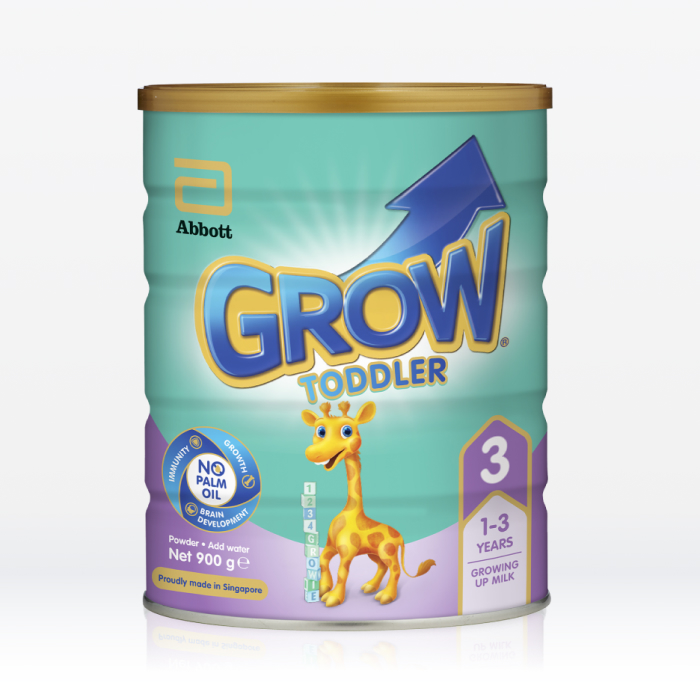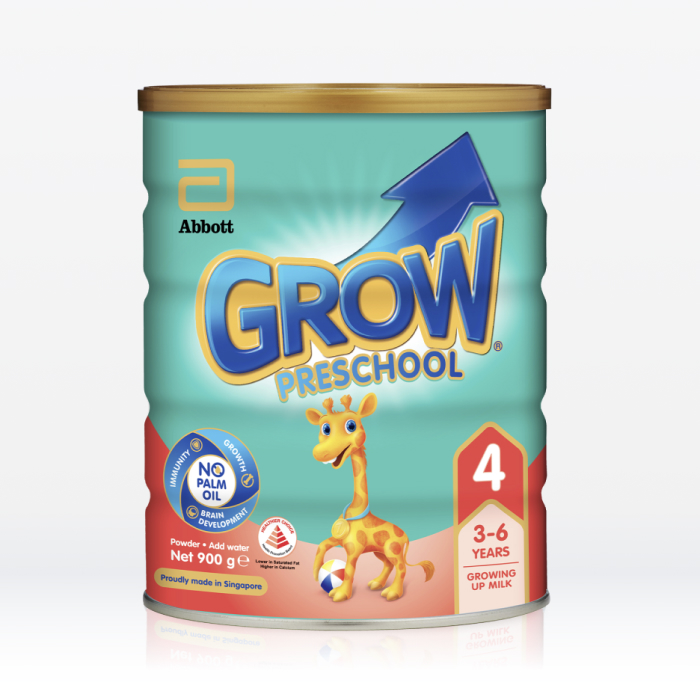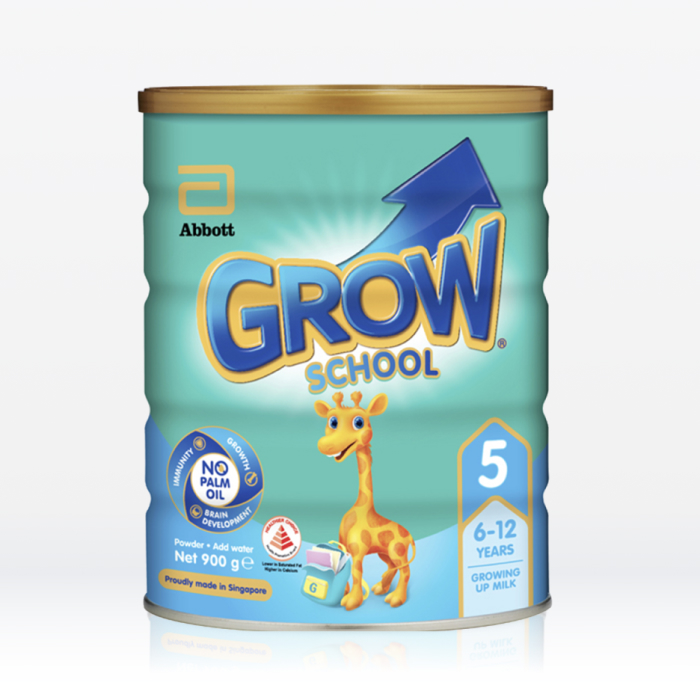Breast milk is best for your baby
The World Health Organisation (WHO) and Health Promotion Board (HPB) recommend exclusive breastfeeding for the first six months of life. Unnecessary introduction of bottle feeding or other food and drinks will have a negative impact on breastfeeding. At around six months of age (but not before 4 months), infants should receive nutritionally adequate and age-appropriate complementary foods while breastfeeding continues for up to two years of age or beyond. Consult your doctor before deciding to use infant formula or if you have difficulty breastfeeding.
Abbott Singapore fully recognises breast milk’s primacy, value and superiority and supports exclusive breastfeeding as recommended by the WHO.
The content on this website is intended as general information for Singaporean residents only and should not be used as a substitute for medical care and advice from your healthcare practitioner. The HPB recommends that infants start on age-appropriate complementary foods at around 6 months, whilst continuing breastfeeding for up to 2 years or beyond to meet their evolving nutritional requirements. If no longer breastfeeding, toddlers can switch to full cream milk after 12 months. This should be complemented by a good variety of solid foods from the four main food groups (fruits, vegetables, grains, meat and alternatives). For more information on the nutritional requirements of infants and young children, please visit www.healthhub.sg/earlynutrition.






